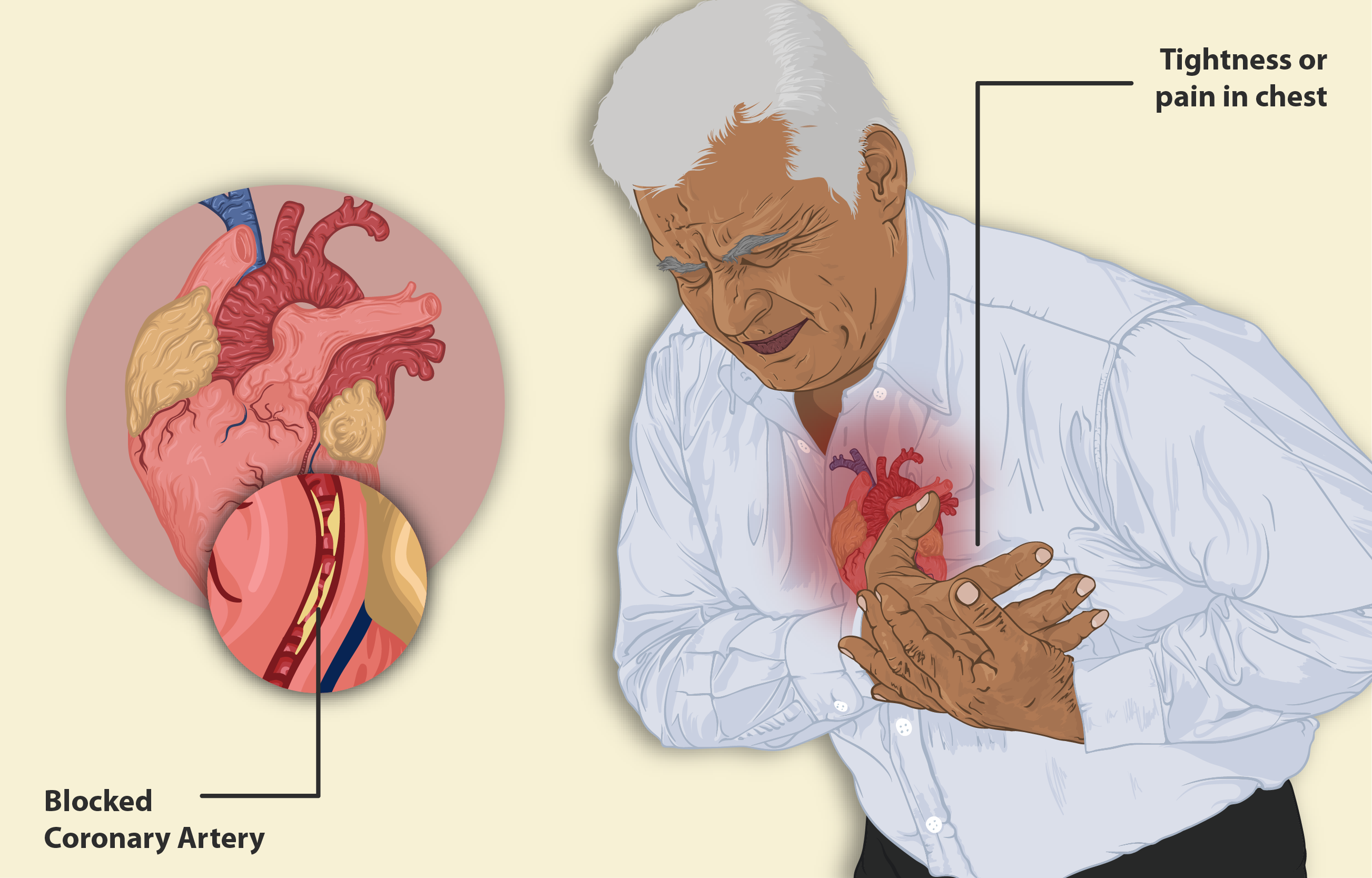Chest pain is sometimes brushed off as an aftereffect of stress, poor posture, or even just indigestion. However, ignoring it can be risky as it can be a sign of serious heart conditions. Understanding when and why it occurs is a step in identifying potential heart-related concerns that may call for immediate medical attention.
What are Common Types?
Chest pain can manifest differently based on the underlying cause. It may feel like pressure, sharp discomfort, or even a burning sensation. Pain caused by heart-related issues is often described as a heavier or squeezing sensation that may radiate to other areas such as the arms, back, or jaw. This type of pain typically occurs due to insufficient blood flow to the heart muscle, which may indicate a condition like angina or even the early stages of a heart attack.
Pain that is sharper or localized could be linked to other causes, such as muscle strain or respiratory issues like pleuritis. While not always connected to the heart, these instances still require evaluation to rule out serious complications.
How Do Heart Conditions Impact Chest Pain?
Heart conditions impacting chest pain often involve restricted blood flow, inflammation, or structural issues. For example, coronary artery disease results from buildup in the arteries and can lead to recurrent episodes of chest discomfort called angina. Heart attacks occur when a blood clot obstructs blood flow entirely, causing pain that does not ease. Other conditions such as pericarditis, the inflammation of the sac surrounding the heart, can also cause discomfort in the chest. While these conditions vary in severity, early recognition and its potential link to heart disorders plays a role in minimizing long-term effects. Understanding how these conditions alter normal heart function can help individuals recognize timely intervention.
When Should I Seek Medical Attention?
Chest pain should not be ignored, especially when it feels unusual or persistent. Pain that occurs suddenly, grows stronger, or radiates to different parts of the body often signals an urgent condition. Accompanying symptoms like shortness of breath, nausea, dizziness, or excessive sweating could further indicate a heart-related problem that requires immediate care.
Even mild discomfort that occurs repeatedly over days or weeks can indicate a chronic heart condition or an underlying issue. It is important to prioritize early evaluation by a healthcare professional whenever pain raises concern. Timely assessment allows for proper diagnosis and management, potentially preventing complications.
How Do I Address Concerns?
Actively addressing pain involves both professional diagnosis and personal vigilance. Discussing symptoms clearly with a medical professional provides clarity and supports accurate outcomes. From diagnostic tests to lifestyle recommendations, appropriate measures help with long-term health improvements. For individuals with pre-existing heart conditions or risks, regular monitoring and health maintenance are key. Practicing a heart-healthy lifestyle, managing stress, and maintaining open communication with healthcare providers can reduce risk factors and prevent escalation.
Take Steps to Address Chest Pain Effectively
Chest pain is a concern that should always be approached with caution. Understanding its potential connection to heart conditions equips individuals with knowledge to seek timely care. Paying attention to symptoms, patterns, or changes in how pain is experienced aids in taking proactive measures toward heart health.
- mylovelyfurryfriend discover expert tips on dog health
- Infectious Diseases Updates – Stay Informed, Stay Protected!
- Wegovy For Weight Loss – A Breakthrough in Managing Obesity!
- Emergency Medicine Forum – A Hub for Fast-Paced Knowledge, Support & Updates!
- Pediatrics Discussions – Insights, Challenges, and Expert Advice for Better Child Health!





Leave a Reply